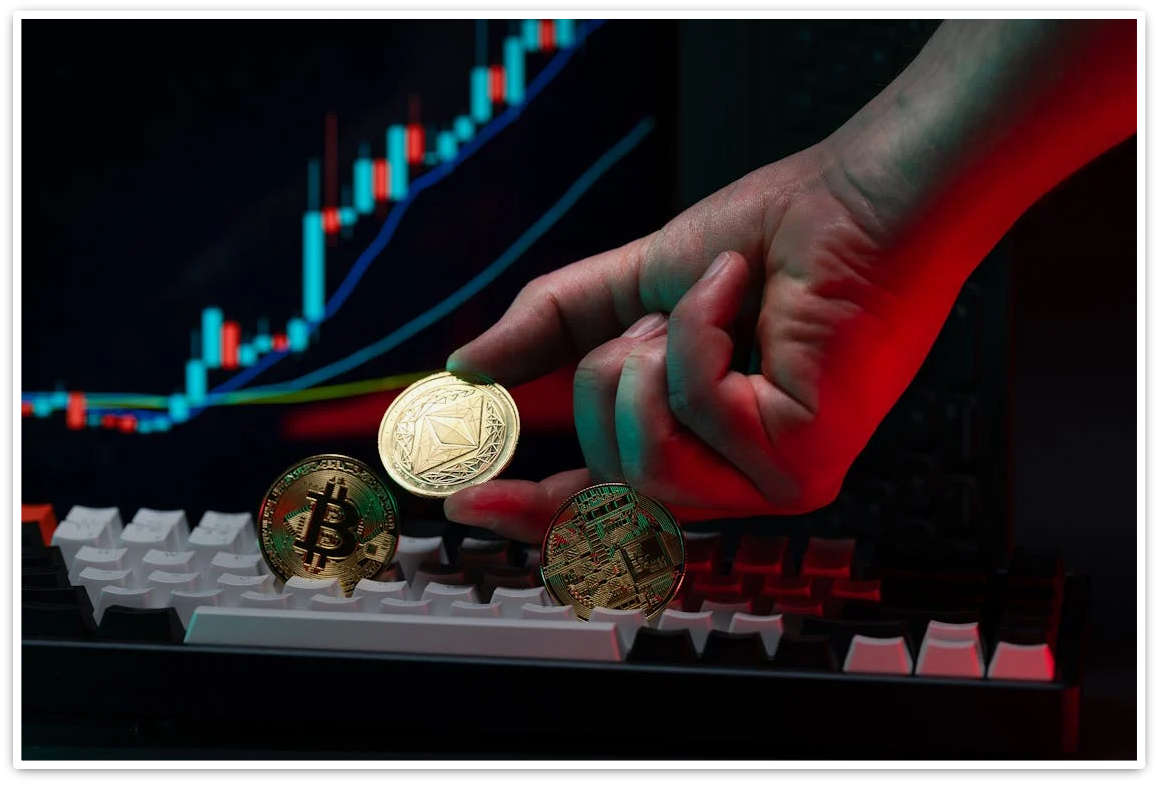So, you’ve heard the buzz around staking—but you’re not looking to blindly lock up your crypto without knowing the risks, the mechanics, or the rules of the game. Smart move. With digital assets maturing into a multi-billion-dollar market, staking isn’t just a passive yield strategy anymore—it’s a regulated dance between opportunity and oversight. Here’s a step-by-step, compliance-savvy walkthrough on how to join staking protocols like a pro (and avoid regulatory landmines while you’re at it).
First Off, What Even Is Staking?
Staking is the process of actively participating in a proof-of-stake (PoS) blockchain by locking up tokens to support the network’s operations—validating transa-ctions, securing the protocol, and sometimes even helping govern future developments. In exchange, you earn staking rewards. Think of it as interest, but crypto-style.
But there’s a catch: depending on the token, jurisdiction, and whether you’re using a custodial or non-custodial setup, staking can come with different tax implications and legal requirements. It’s not just plug-and-play.
Step 1: Choose the Right Infrastructure Provider

Before anything else, choose whether you’re staking solo, through an exchange, or via a dedicated infrastructure provider. Platforms like Figment, Blockdaemon, and Stakefish cater to institutional and retail clients alike, offering both white-label and custodial staking services.
If you’re a business or fund manager, you’ll want to look for providers that offer comprehensive digital asset consulting services and secure digital asset consulting solutions—meaning they help you understand how staking fits within broader investment or treasury strategies.
Key due diligence questions to ask:
- Does the provider offer non-custodial options?
- Are they SOC2 compliant?
- What is their slashing protection policy?
Step 2: Custodial or Non-Custodial? Know the Difference
Custodial staking means someone else (usually an exchange or institution) holds your tokens and stakes them on your behalf. It’s convenient, but it adds custodial risk—and you often don’t control validator preferences or voting rights.
Non-custodial staking, on the other hand, gives you full control of your assets. For businesses, consulting on digital asset management is crucial to evaluate which model fits your compliance framework and investment objectives.
Compliance-aware tip: In jurisdictions like the U.S., staking rewards may be taxed as income at the time of receipt. That alone might influence your choice between custodial and non-custodial.
Step 3: Understand the Tokenomics and Governance Risks
Not all PoS tokens are created equal. Some, like Ethereum or Solana, have large validator sets and well-tested economics. Others may be more experimental. Look at lock-up periods, slashing penalties, reward dilution, and inflationary mechanisms.
You’re not just “earning interest.” You’re taking on network risk. It’s wise to collaborate with digital asset consulting for compliance to break down these mechanisms and how they affect your portfolio.
Also, some protocols allow stakers to vote on governance issues. If you’re a fund or operating as a fiduciary, your vote might be interpreted as signaling investment intent—something the SEC and other regulators are increasingly watching.
Step 4: Regulatory & Tax Implications—Don’t Skip This
Depending on where you’re located, staking might have different implications for KYC, AML, and taxation. For example:
- In the U.S., staking rewards are considered taxable income.
- In Germany, staking rewards may be tax-free after a holding period.
- Institutions must account for how staked assets are reported in financial statements—this is where finance asset management consultingsteps in.
It’s not just about earning rewards—it’s about how you report, audit, and structure them. Working with digital asset strategy consulting firms that understand these nuances is crucial for long-term performance and risk management.
Step 5: Monitor, Rebalance, Repeat
Once staked, your job isn’t over. Markets evolve, validators change, and yields fluctuate. You need monitoring tools like Staking Rewards, Validator Reports, and institutional dashboards from providers like Coinbase Cloud or Allnodes.

Rebalancing across different assets, or even between staking and liquidity provision, may be necessary to optimize yield while managing risk exposure. This is where digital asset consulting for startups and funds becomes a real edge—especially when integrated with portfolio management consultants who specialize in crypto investment company analytics.
A Word on Staking-as-a-Service for Businesses
If you’re a business stepping into staking, don’t underestimate the complexity. Whether you’re a crypto hedge fund manager or just entering with a DAO treasury, look for partners that offer blockchain and digital asset consulting tailored to your goals. You’ll want robust legal frameworks, flexible API integrations, and SLAs that protect your uptime and rewards.
The trend toward strategic digital asset consulting partners isn’t just about growth—it’s about sustainable, compliant participation in a volatile and regulated space.
Final Thoughts
Staking is no longer a fringe idea. It’s a core part of the evolving digital finance ecosystem—and it’s becoming more regulated by the month. Whether you’re a solo investor or an institution, the real alpha lies not just in earning passive rewards, but in doing so with foresight, structure, and yes—regulatory harmony.
Discover Blockchain Excellence with Kenson Investments
At Kenson Investments, we offer top-tier digital asset support to help you navigate crypto asset markets. Our team of digital asset specialists is dedicated to providing legitimacy and transparency in blockchain asset investments. Whether you’re exploring staking, custody, or long-term growth strategies, we bring clarity to a complex space. Call now to explore how we can help you in this dynamic market!
Disclaimer: The information provided on this page is for educational and informational purposes only and should not be construed as financial advice. Crypto currency assets involve inherent risks, and past performance is not indicative of future results. Always conduct thorough research and consult with a qualified financial advisor before making investment decisions.
“The crypto currency and digital asset space is an emerging asset class that has not yet been regulated by the SEC and US Federal Government. None of the information provided by Kenson LLC should be considered as financial investment advice. Please consult your Registered Financial Advisor for guidance. Kenson LLC does not offer any products regulated by the SEC including, equities, registered securities, ETFs, stocks, bonds, or equivalents”














